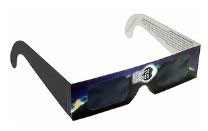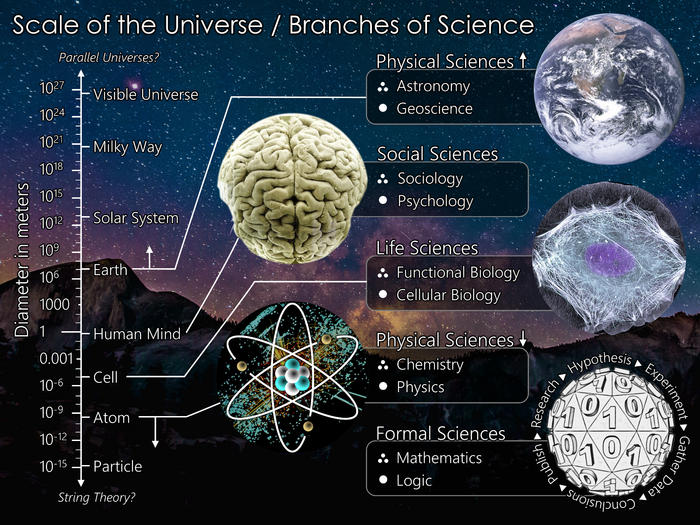

Watch the solar eclipse (safely) using the life stream from the Exoloratorium. The live stream will start on Monday August 21, 2017 at 9:00 am PST.
On August 21, 2017, beginning at 10:15 a.m. PDT, a total solar eclipse will sweep across the United States. The glorious sight of the fully eclipsed Sun will be visible along a 70-mile-wide path arching from Oregon to South Carolina.
People not in the path will experience a partial eclipse.
Safety: It is never safe to look directly at the sun. Please use the following information to make sure that you do not harm your eyes by staring directly at the sun.
Looking directly at the sun is unsafe except during the brief total phase of a solar eclipse (“totality”), when the moon entirely blocks the sun’s bright face, which will happen only within the narrow path of totality (https://go.nasa.gov/2pC0lhe (link is external)).
Eclipse glass
The only safe way to look directly at the uneclipsed or partially eclipsed sun is through special-purpose solar filters, such as “eclipse glasses” (example shown at left) or hand-held solar viewers. Homemade filters or ordinary sunglasses, even very dark ones, are not safe for looking at the sun; they transmit thousands of times too much sunlight.






